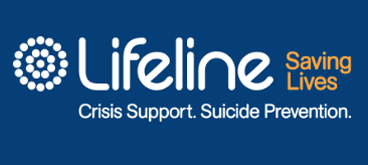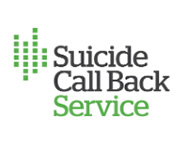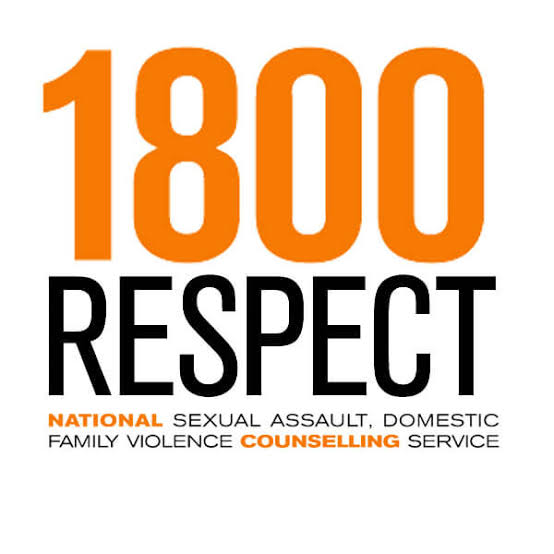Knowing The Signs
Recognising the signs of a potential mental health disorder
Identifying the Signs and Symptoms
I’ve been often quoted that knowing the more common signs of a mental health disorder is equally important as knowing resuscitation, both can have a profound impact on the lives of our loved ones and the wider community.
When we look statistically at mental health in Australia, 1 in 5 Australians will experience a common mental illness within a 12-month period. The 3 most common mental illnesses affecting Australians aged between 16 – 85 include Anxiety disorders 14%, Depressive and Bipolar disorders 6.2% and Substance Use disorders. Of the 1 in 5 Australians experiencing a mental health disorder only 35% of them seek professional support.
So let’s stop for one moment and think about that statistic – 1 in 5 / 20% of all Australians will be affected by a mental illness in one year and now let’s think about our friends, family and work colleagues, statistically we will all know someone or will experience a disorder ourselves.
So knowing the above stats is important that we all have a basic understanding of the more common triggers, signs and symptoms of a worsening or developing mental health problem or illness to be able to support our own wellbeing and that of our loved ones.
Like any illness, early intervention is the key to a successful treatment and being able to recognise these more common signs can be the catalyst for positive professional intervention.
The below is a basic list of the more common triggers to a mental health crisis. Knowing that you or a loved one have experienced a potential trigger and then is presenting with two or more of these common signs & symptoms it is important that you or the individual seek clinical support.
COMMON TRIGGERS TO DEVELOPING MENTAL HEATH CRISIS OR ILLNESS
-
Stress
-
Loss of a loved one
-
Traumatic events
-
Relationship breakdown
-
Alcohol & Drug abuse
-
Trauma
-
Bullying and Intimidation
-
Social pressures and expectations
-
Financial expectations
-
Workplace pressures
-
Personal unrealistic expectations
-
Domestic violence
-
Discrimination based on sexuality
or gender identity
-
Infertility & perinatal loss
-
Pregnancy
-
Menopause
KNOWING THE MORE COMMON SIGNS AND SYMPTOMS OF A MENTAL HEATH ILLNESS
BEHAVIOUR
-
Withdrawn
-
Unable to complete tasks
-
Relying on alcohol and drugs
-
Lack of concentration
-
Abstaining from social events
FEELINGS
-
Miserable
-
Overwhelmed
-
Guilty
-
Irritable
-
Frustrated
-
Low confidence
-
Unhappy
-
Indecisive
-
Disappointed
PHYSICAL
-
Tired all the time
-
Sick and run down
-
Headaches and muscle pain
-
Churning stomach
-
Loss or change in appetite
-
Significant weight loss or gain
To clarify, a “Sign” is what you can see in someone & a “Symptom” is what someone can feel and experience.
It’s important to note these are basic indicators, the reality is that someone living with a mental health disorder may not show any of the above signs or symptoms that is why it is important that as a community we continue to build a positive culture around mental health, removing the perceived stigma and barriers to create opportunities for those who feel isolated to reach out for support.
If you or a loved one needs support Lifeline is there 24/7 365 days a year 13 11 14.
Man Anchor run a number of different mental health education programs within the community and the business sector. For more informatioin click the button below or email steven@mananchor.com.au.





